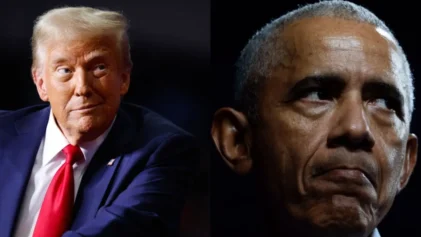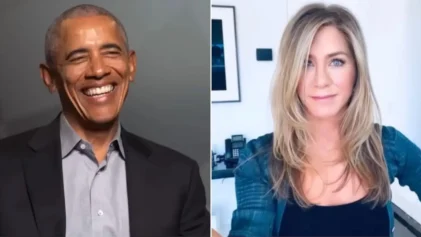As Venezuelans agonized over the death of their beloved “Comandante,” leaders around the world reacted differently to the death of Venezuelan President Hugo Chavez, from tearful mourning and praise in South America to crude celebration among some politicians in the United States, which was consistently held in a place of contempt by Chavez during his 14-year reign.
Always complex, Chavez loved tweaking American imperialism, but at the same time could be extraordinarily generous to the American poor, just as he seemed to have a special bond with the poor of his country. Congressman Jose Serrano of the Bronx, who worked with Chavez in 2005 on a social program in Serrano’s largely poor district in the Bronx, said in a statement: “President Chavez was a controversial leader. But at his core he was a man who came from very little and used his unique talents and gifts to try to lift up the people and the communities that reflected his impoverished roots.”
Similarly, Joseph P. Kennedy II, chairman of non-profit Citizens Energy, which received heating oil donations from the Venezuelan state-owned oil company, said in a statement: “There are close to two million people in the United States who received free heating assistance, thanks to President Chavez’s leadership. Our prayers go out to President Chavez’s family, the people of Venezuela, and all who were warmed by his generosity.”
From the White House, there was this: President Obama, in saying that Venezuela was now beginning “a new chapter in its history,” added, “At this challenging time of President Hugo Chavez’s passing, the United States reaffirms its support for the Venezuelan people and its interest in developing a constructive relationship with the Venezuelan government.”
But other U.S. politicians used the death of the 58-year-old leader as an occasion to attack him and his politics.
Rep. Tom Cotton (R-Ark.) began his statement with the “welcome news” of Chavez’s death by saying, (sic) “semper tyrannis” — “thus always to tyrants.” Those are the same words uttered by John Wilkes Booth before he killed President Lincoln.
“Hugo Chavez was a tyrant who forced the people of Venezuela to live in fear,” Rep. Ed Royce (R-Calif.), the chairman of the House Committee on Foreign Affairs, said in his statement. “His death dents the alliance of anti-U.S. leftist leaders in South America. Good riddance to this dictator.”
Bolivian President Evo Morales, who was a close friend of Chavez’s, with his voice breaking, said he was devastated, according to the Bolivian national news agency reported. Morales called Chavez a revolutionary and a brother who “gave his whole life for the liberation of the Venezuelan people, of the Latin American people.”
Chavez, who molded himself in the vein of Simon Bolivar, the revolutionary leader who fought for independence throughout South America, used his nation’s oil riches to help his neighbors in South America, eliciting their loyalty.
Chavez “will continue to light the way for the Latin American revolution with his vision, commitment, courage and love for the people,” Ecuadorean Foreign Minister Ricardo Patino said on Twitter.
Uruguayan President Jose Mujica said that although Chavez’s passing was foreseeable, “the surprise and the pain is great because we lost a friend,” according to El Observador.
In Jamaica, Prime Minister Portia Simpson Miller took a break during a session of Parliament to pay tribute to the Venezuelan leader, saying, “The President was a good friend of Jamaica,” and adding that Chavez’ support came at a very important time for the island.
Russian Ambassador to the U.N. Vitaly Churkin called the death a “tragedy” and praised Chavez as “a great politician for his country, Latin America and the world,” according to the Associated Press.
In Europe, British Foreign Secretary William Hague said Chavez had “left a lasting impression on the country and more widely,” while French President Francois Hollande said that Chavez had “an undeniable will to fight for justice and development” and that he had made a profound mark on France.


